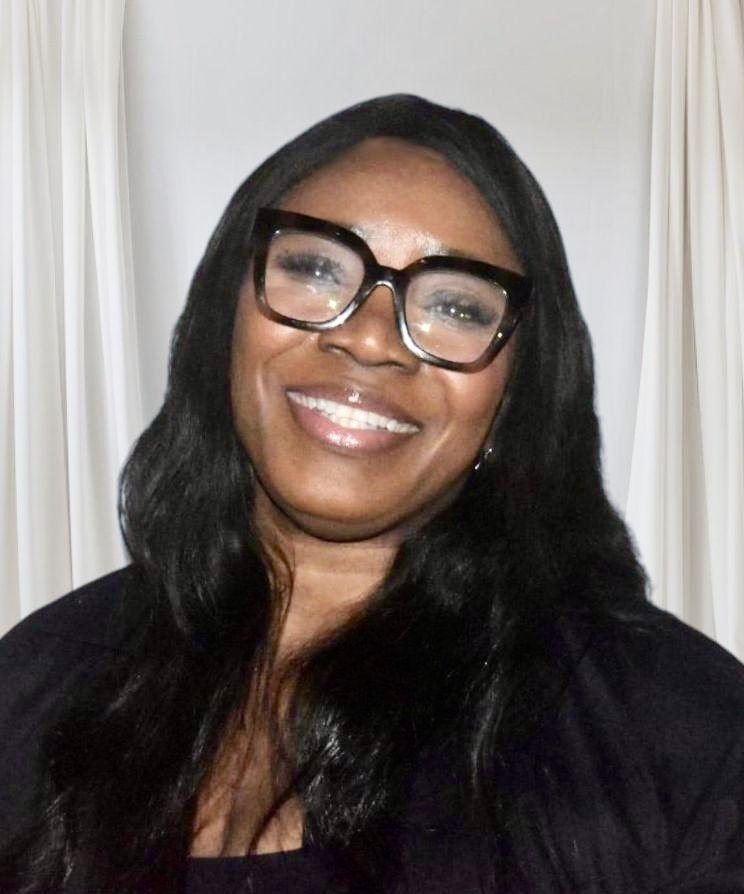Support for Survivors of Domestic Abuse in Blackheath Village and online
Supporting your journey from trauma to healing through expert and compassionate care.
Recovery from domestic abuse is a journey that requires specialist understanding, patience, and hope. If you've experienced narcissistic abuse, financial control, emotional manipulation, or physical harm, you deserve support that recognises the complexity of what you've been through and honours your strength in seeking help.
At Heathwell, we understand that abuse leaves deep impacts that extend far beyond the relationship itself. You might be struggling with self-doubt, finding it difficult to trust your own perceptions, or feeling overwhelmed by the process of rebuilding your life and sense of self. We understand that the aftermath of abuse can feel overwhelming, confusing, and isolating. Therapy offers a structured, safe space to explore your experiences, process emotions, and regain trust in yourself and others
Important note: We work with individuals who are in the processing and rebuilding phase of their recovery, rather than those currently experiencing active abuse. If you're in immediate danger, please contact emergency services or specialist domestic violence services who can provide urgent safety support.
We specialise in helping survivors understand what happened to them, process complex emotions, and gradually rebuild confidence in themselves and their capacity for healthy relationships. This work takes courage, and we're here to support you every step of the way.
What is domestic abuse?
Domestic abuse can happen to anyone, regardless of gender, age, background, or education. It encompasses various forms of controlling and harmful behaviour within intimate relationships, and often involves multiple types occurring together.
Narcissistic abuse
Patterns of manipulation, gaslighting, emotional control, and psychological destabilisation designed to maintain power over a partner. You might find yourself constantly questioning your own memory or feelings, walking on eggshells, or feeling like nothing you do is ever good enough.
Financial abuse
Controlling access to money, preventing employment, accumulating debt in your name, or using financial dependency as a means of control. This might look like having your spending monitored, being prevented from working, or discovering debts you didn't know about.
Emotional and psychological abuse
Persistent criticism, isolation from friends and family, threats, intimidation, and undermining your sense of reality. You might notice that you've become isolated from people who matter to you, or find yourself making excuses for your partner's behaviour to others.
Physical abuse
Any form of physical violence, intimidation, or harm. This includes not just hitting, but also blocking your way, throwing objects, or using their physical presence to intimidate you.
These forms of abuse often occur together and can leave lasting impacts on your sense of self, ability to trust others, and understanding of what healthy relationships look like. Domestic abuse affects people of all genders - women, men, and non-binary individuals - though it's important to recognise that women are statistically more likely to experience severe and repeated abuse.
How therapy can help
Therapy provides a safe space to process your experiences and support you to rebuild a sense of yourself outside the relationship. Recovery isn't linear, and therapy works at a pace that feels right for you. We also offer support for mothers and children who have been affected by domestic abuse.
You might recognise some of these experiences, and therapy can help by:
Questioning your own memories or perceptions of what happened - Therapy helps validate your experiences and rebuild trust in your own perceptions.
Feeling responsible for the abuse or wondering if you "deserved" it - Working through misplaced guilt and understanding that abuse is never the survivor's fault.
Struggling with anxiety, depression, or trauma responses - Learning coping strategies and processing traumatic experiences in a safe environment.
Finding it difficult to make decisions or trust your judgement - Rebuilding confidence in your decision-making abilities and reconnecting with your inner wisdom.
Feeling disconnected from friends, family, or parts of yourself - Exploring how to reconnect with relationships and rediscovering aspects of your identity.
Experiencing complex feelings about your abuser, including grief or missing aspects of the relationship - Processing complicated emotions without judgement and understanding that conflicted feelings are normal.
Worrying about your ability to recognise healthy relationships in future - Developing understanding of healthy relationship patterns and rebuilding trust in your ability to form safe connections.
Concerns about how the abuse has affected your children - Supporting mothers to understand the impact of domestic abuse on children and developing strategies to help them heal and rebuild secure attachments. We also offer specialist joint sessions with mothers and children to process the impact of the abuse together.
Feeling lost about the practical aspects of rebuilding your life - Providing psychoeducation about recovery and practical guidance on navigating the rebuilding process after abuse
Our therapeutic approaches
We draw on person-centred, integrative, psychodynamic, and existential therapy approaches, which are particularly valuable for abuse recovery:
Person-centred therapy provides unconditional positive regard and creates a non-judgmental space where you can explore your experiences at your own pace, rebuilding self-worth that may have been damaged by abuse
Integrative therapy allows us to draw from multiple therapeutic approaches, tailoring the work to your unique needs and what feels most helpful for your particular recovery journey
Psychodynamic therapy helps you understand unconscious patterns and early experiences that may have influenced your relationships, providing insight into how past experiences connect to present challenges
Existential therapy recognises that abuse often involves having your fundamental sense of self and reality challenged. This approach supports you to:
Reclaim your own narrative and understanding of your experiences
Reconnect with your values and what gives your life meaning
Build confidence in your ability to make choices about your future
We also offer art therapy approaches, which can be especially helpful when words feel inadequate for expressing complex experiences. Art therapy allows you to:
Process experiences through creative expression when talking feels too difficult
Explore emotions and memories in a gentle, non-confrontational way
Reconnect with parts of yourself that may have been suppressed during the abusive relationship
Build a sense of personal agency through creative choice-making
Create tangible representations of your healing journey and progress
What to expect
Individual sessions typically last 50 minutes and are scheduled at intervals that work for you. Some people prefer weekly sessions initially, whilst others find fortnightly or monthly appointments more manageable.
Our therapists are experienced in working with domestic abuse survivors and create a safe, non-judgmental space where you can explore your experiences without fear of criticism or blame. It's completely normal to feel anxious about starting therapy, particularly if your trust has been damaged by abuse. We understand that opening up about your experiences takes tremendous courage, and we create a space where you can share as much or as little as feels comfortable at any given time.
Recovery is not about "getting over" what happened, but about integrating your experiences in a way that allows you to move forward with greater self-understanding and confidence.





